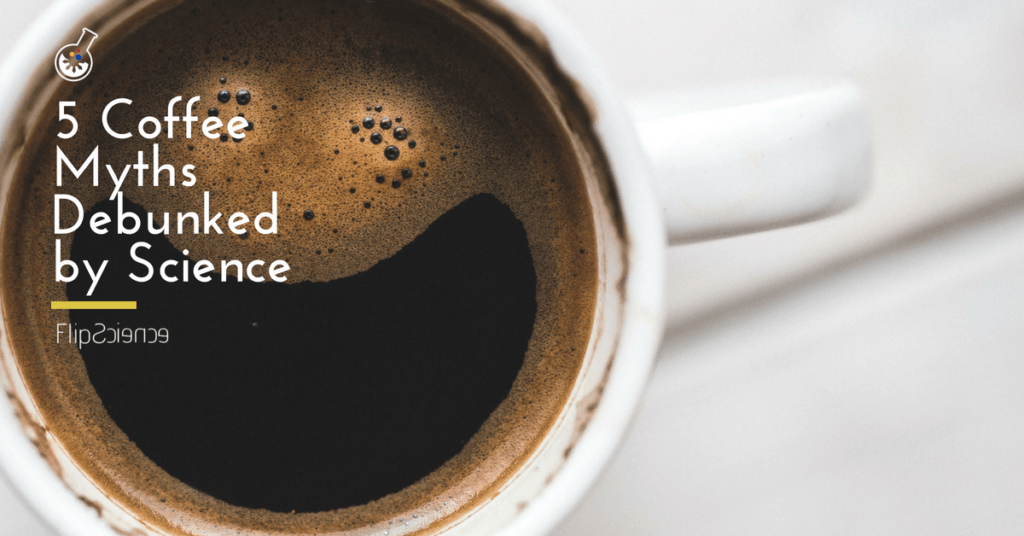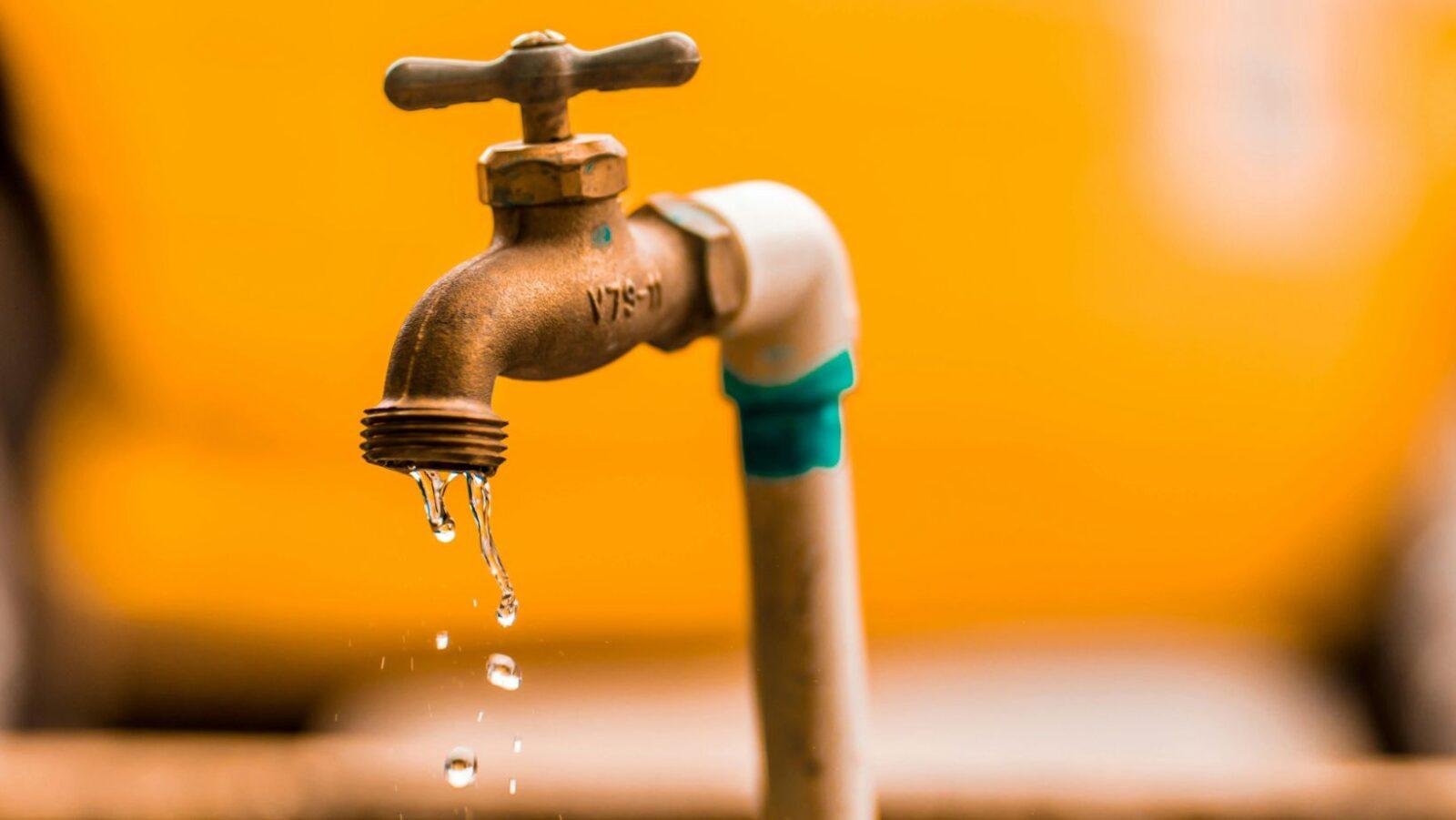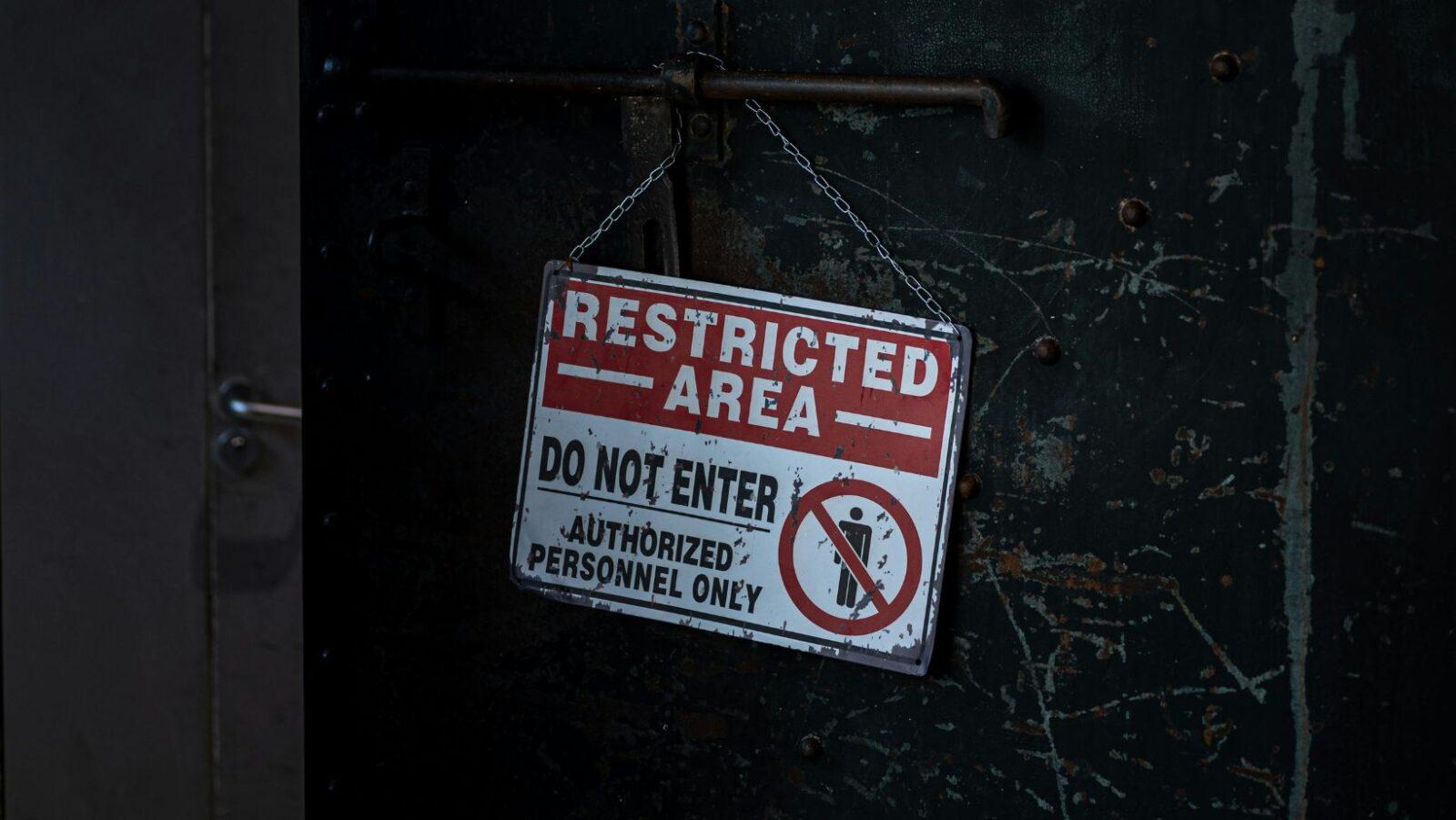Coffee is believed to have been a part of our everyday lives since the mid-15th century. It’s somewhat surprising, then, how there still seems to be a gallon of misconceptions about it. Often, these myths are used to dissuade us from drinking too much of the black brew. However, many of these popular nuggets of colloquial coffee wisdom hardly have any scientific grounds (pun fully intended) to prove their validity.
Here are five of the most common myths about coffee — and what science actually says about them.
Myth #1: Don’t drink coffee if you want to grow taller.
Here’s one you probably heard from your mother when you were a child, likely to stop you from drinking coffee before reaching adulthood. This oft-repeated piece of well-meaning but ultimately misguided advice is believed to have been the offshoot of another misconception: that caffeine, which is found in coffee, can cause osteoporosis. It is true that some studies have linked caffeine consumption to reduced calcium absorption. However, the level of reduction is so small that it can easily be reversed by as little as two tablespoons of milk. Furthermore, there is no scientific evidence that coffee actually stunts growth.
Myth #2: Drink a cup to sober up.
This particular misconception’s especially dangerous. While coffee does have an effect on you when you’re drunk, it doesn’t quite work the way you think it does. As a stimulant, caffeine does raise your level of alertness, which works great against alcohol’s sedative qualities. However, it doesn’t solve or compensate for the cognitive impairment that comes with your inebriated state. In other words, you’ll feel more alert, but you still wouldn’t be able to think as quickly or clearly. Imagine the potentially disastrous consequences — for instance, a drunken friend who, after finishing a cup of coffee and feeling alert, insists that he can drive himself home.
Our bodies metabolize the alcohol to overcome drunkenness. It takes about an hour for the liver to break down one unit (10 ml) of alcohol via two enzymes, alcohol dehydrogenase and aldehyde dehydrogenase. Eventually, the alcohol exits our systems as water and carbon dioxide. While many factors may directly affect how fast or how slow this process happens, coffee isn’t one of them.
Think about it, though: Since you can’t exactly finish a large, steaming mug in one gulp, you’re forced to sit down and wait for your drink to cool before finishing it. The time you spend waiting for your drink to reach an acceptable drinking temperature is time that (1) you spend not drinking more alcohol and (2) your body spends processing the alcohol inside you.
Myth #3: Coffee causes cancer.
In May 2018, California coffee sellers were ordered to put up signs in their stores warning customers about the risks of acrylamide, a possibly carcinogenic compound produced during coffee roasting. Unsurprisingly, discussions about the cancer-causing potential of coffee surfaced. However, there is hardly any scientific evidence that firmly establishes a link between the drink and increased cancer risk. In contrast, numerous studies have been published over the years about the positive health impacts of the beverage, including a few that link coffee consumption with a reduced risk of insulin resistance and type 2 diabetes (which is in turn associated with higher risks of various forms of cancer).
Furthermore, researchers observed an interesting trend: Cigarette smokers tend to be coffee drinkers as well, which would explain the increased risk of certain cancers in test subjects. Bladder cancer, for example, was initially misattributed to coffee, but was later found to be caused by smoking.
Myth #4: Coffee makes it harder for you to sleep at night.
This one’s a little trickier. While it isn’t necessarily true all the time, it may be, depending on what time you drink. We drink coffee in the morning because caffeine, as mentioned earlier, is a stimulant.
When our body takes in caffeine, it also flushes it out pretty quickly. After the liver processes it, about 75% of it would be out of your system within eight to 10 hours. However, if you do plan to drink some in the afternoon, make sure to do it at least six hours before your bedtime. Furthermore, studies have shown that caffeine affects drinkers in different ways. Some drinkers are more likely to suffer from caffeine-induced insomnia than others, for example, depending on their genes.
Myth #5: Coffee will dehydrate you.
Recent studies have debunked the longstanding notion that caffeine can cause dehydration.
In an interview with LiveScience, Prof. Lawrence Armstrong explained that the idea originated from a 1928 study. According to Prof. Armstrong, the study noted “increased urination in people who drank caffeinated beverages.” This gave the researchers the idea that caffeine was a diuretic (a substance that promotes increased urine production).
However, based on Armstrong’s own findings, caffeine actually doesn’t have a dehydrating effect on the body. Simply put, increasing your fluid intake would logically increase your urine output, regardless of whether you drink water or coffee.
References:
- Weinberg K, Bealer B. The World of Caffeine: The Science and Culture of the World’s Most Popular Drug. New York. Routledge; 2001.
- Johansson C, Mellström D, Lerner U, Osterberg T. Coffee drinking: a minor risk factor for bone loss and fractures. Age Ageing. 1992 Jan;21(1):20-6.
- Heaney RP. Effects of caffeine on bone and the calcium economy. Food Chem Toxicol. 2002 Sep;40(9):1263-70. Review. PubMed PMID: 12204390.
- Wikoff D, Welsh B, Henderson R, et al. Systematic review of the potential adverse effects of caffeine consumption in healthy adults, pregnant women, adolescents, and children. Food and Chemical Toxicology. 2017;109(1): 585-648. doi: /10.1016/j.fct.2017.04.002.
- Gulick D, Gould T. Effects of Ethanol and Caffeine on Behavior in C57BL/6 Mice in the Plus-Maze Discriminative Avoidance Task. Behavioral Neuroscience. 2009;123(6):1271-1278.
- Hammond C. Does coffee really sober you up when drunk? BBC.com. June 12, 2013. http://www.bbc.com/future/story/20130611-does-coffee-sober-you-up. Accessed on August 26, 2018.
- Mendes, E. Coffee and Cancer: What the Research Really Shows. Cancer.org. April 3, 2018. https://www.cancer.org/latest-news/coffee-and-cancer-what-the-research-really-shows.html. Accessed on August 26, 2018.
- Byrne E, Johnson J, McRae A, et al. A Genome-Wide Association Study of Caffeine-Related Sleep Disturbance: Confirmation of a Role for a Common Variant in the Adenosine Receptor. Sleep. 2012 July;35(7):967–975. doi: /10.5665/sleep.1962.
- Heffron T. Sleep and Caffeine. August 1, 2013. Sleep Education.org. http://www.sleepeducation.org/news/2013/08/01/sleep-and-caffeine. Accessed on August 26, 2018.
- Killer SC, Blannin AK, Jeukendrup AE. No Evidence of Dehydration with Moderate Daily Coffee Intake: A Counterbalanced Cross-Over Study in a Free-Living Population. Thompson D, ed. PLoS ONE. 2014;9(1):e84154. doi:10.1371/journal.pone.0084154.
- Goldbaum K. Does Caffeine Really Dehydrate You? LiveScience. July 1, 2016. https://www.livescience.com/55479-does-caffeine-cause-dehydration.html. Accessed on August 26, 2018.
- Armstrong LE, Pumerantz AC, Roti MW, et al. Fluid, electrolyte, and renal indices of hydration during 11 days of controlled caffeine consumption. Int J Sport Nutr Exerc Metab. 2005 Jun;15(3):252-65. PubMed PMID: 16131696.
Author: Mikael Angelo Francisco
Bitten by the science writing bug, Mikael has years of writing and editorial experience under his belt. As the editor-in-chief of FlipScience, Mikael has sworn to help make science more fun and interesting for geeky readers and casual audiences alike.







